H. and I don’t travel a lot but when we do, it directs my reading.
We took a long-wished-for tour to Spain/Portugal/Morocco this fall, a 4000-kilometre bus ride (with stops of course) that gave us a wonderful overview of three countries. Impressions and bits of experience, such a tour, which both satisfied curiosity and provoked it. Before we went I tried to find books that might provide points of recognition once there, and since returning have enjoyed several books in which the same happens in reverse. Reading, in my opinion, is travel too, the mind not bound by flights or time, but when text and tour overlap in short order, well, it’s a bonus.
So, for what it’s worth, recent reading because of travel.
Before: Leaving the Atocha Station, a debut novel by Ben Lerner, is fun, thought-provoking, well-written, really mostly about the character, a young man on a prestigious writing fellowship who’s supposed to be achieving great things but definitely isn’t, probably semi-auto-biographical, and it’s set in Madrid. Where we began and ended our tour.
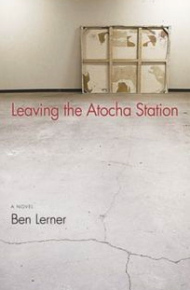
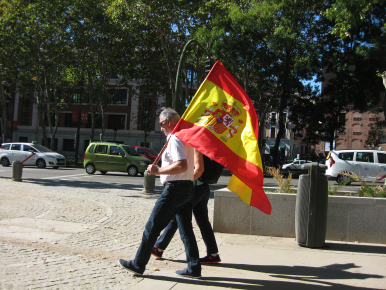
Then there was The Caliph’s House by Tahir Shah, the author’s true account of buying and trying to fix up a crumbling mansion in Casablanca, navigating a culture he doesn’t yet understand and feels is unnecessarily superstitious. We didn’t spend enough time in Casablanca for his story and the modern-feel city to click together for me, stopping mainly for the magnificent Hassan II Mosque on the edge of the Atlantic, but it was a great read anyway.
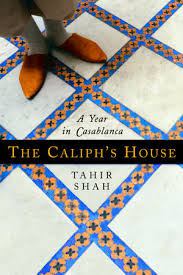
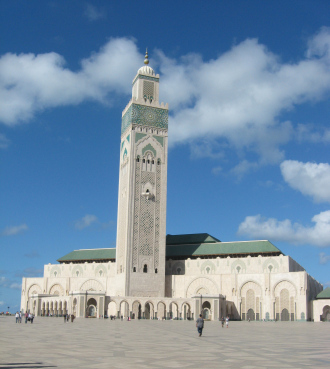
Raised from the Ground, an early novel by Nobel Prize winner Jose Saramago, is the moving story of a fictional peasant family through several generations of Portuguese history. Saramago does things (like switch tense within paragraphs) that would mark most of us as amateur writers but in his voice everything seems to work. It was my favourite of the three pre-reads and Portugal was the country of the three on the tour I would like to visit again. (Loved their sidewalks; samples below!)
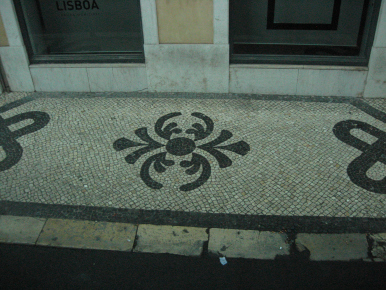


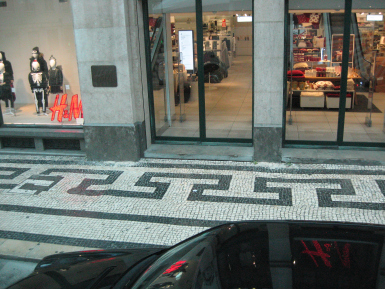
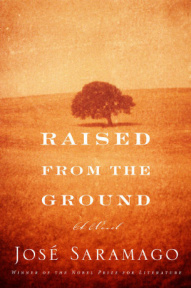
After: In Spain, we learned that Christians, Jews, and Moors (Muslims) had once lived in a fair measure of tolerance and harmony, but that eventually, after hundreds of years, the latter two groups were brutally expelled. There was plenty of evidence in architecture and decoration of the earlier groups, especially the Moors. Erna Paris’ 1995 book The End of Days: a story of tolerance, tyranny, and the expulsion of the Jews from Spain filled in some of that history for me. Horrifying, the cruelties imposed on the Jews (and Moors). Even the “conversos” (Jews who converted to Christianity) were not “safe” as categories for people shifted from faith to blood.



Key to the fury and sweep of the Inquisition were Queen Isabella and King Ferdinand. (Reading The Atlantic over lunch today I happened to notice that readers had voted Ferdinand and Isabella “the most influential power couple in history”!) We saw the chapel dedicated to the couple’s remains in Granada, and Giles Tremlett’s Isabella of Castile: Europe’s First Great Queen gave me the biography of this strong monarch. Their marriage united two kingdoms, set the stage for Spain’s “golden” era of global dominance, financed Christopher Columbus, and, under the belief it was God’s will, powered the force and damage of the Inquisition.
Last on this books-because-of-travel tour, I’ve just finished a remarkable new novel by Mary Gordon, There Your Heart Lies, about an American woman who becomes involved in the Spanish Civil War. I can still remember Gordon’s Men and Angels, which I read several decades ago, not the story itself but the experience of reading it. I don’t know how long this one will stick with me but it’s definitely compelling and I recommend it.




Share this post!
- More
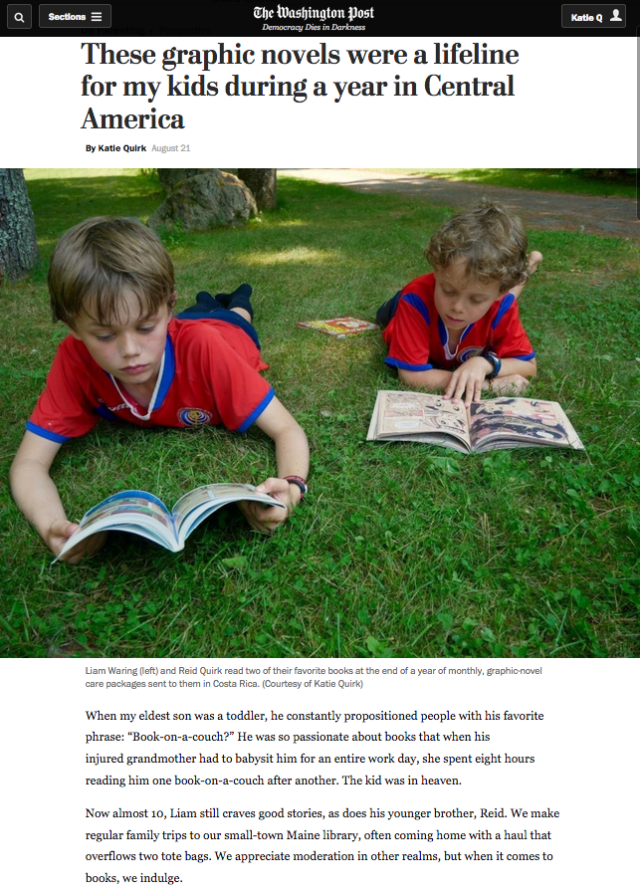
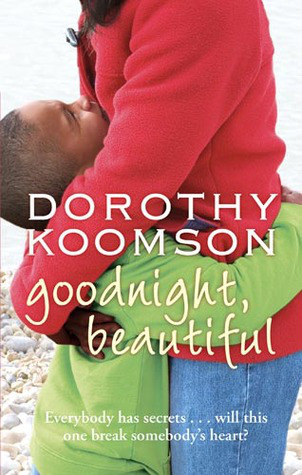
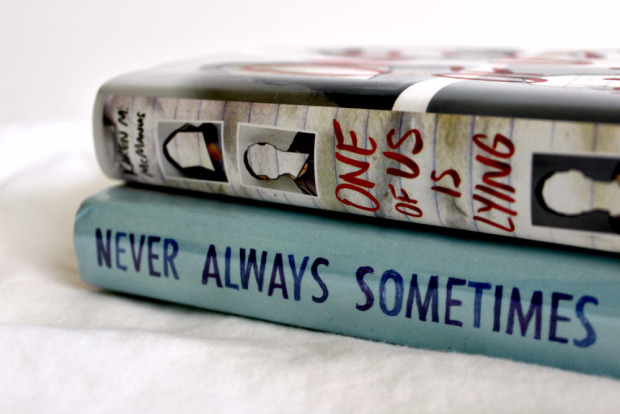
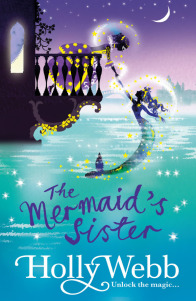

![Highland Dragon Warrior (Dawn of the Highland Dragon Book 1) by [Cooper, Isabel]](/ai/073/367/73367.jpg)